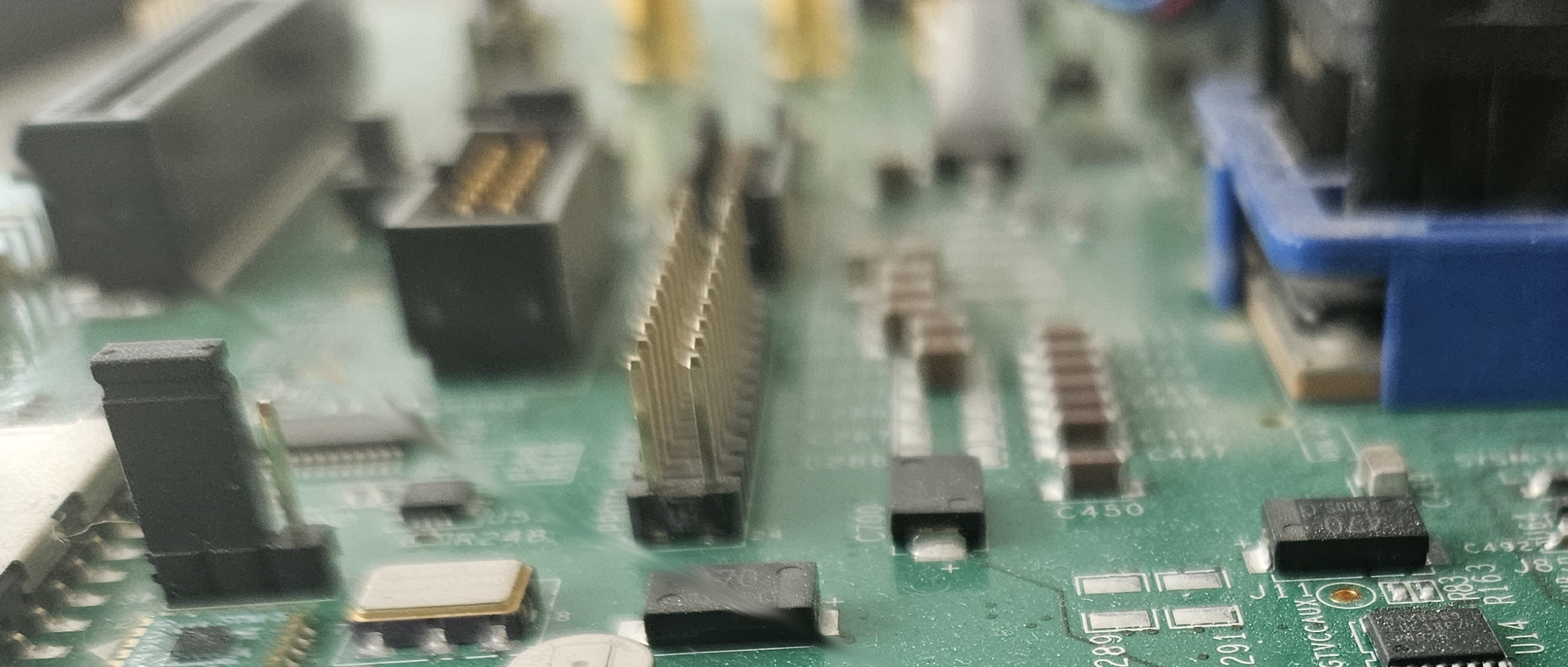- The Machine Learning Application Benchmark Hardware Platform2023 M. Werner

Machine Learning Application Benchmark
Project Description
The MLAB project concentrates on benchmarking of deep neural network models in constrained edge computing cases with a focus on onboard processing for Earth observation satellite systems. Within this ESA activity, this project focuses on benchmarking of system parameters (energy consumption, redundancy, space fill rates, communication properties) for selected computer vision challenges (Airbus Ship Detection Challenge, EuroSAT, Wildfire Detection, etc.) in the context of specific Xilinx hardware, including UltraScale+ architecture system-on-chip (SoC) designs. In this context, we further focus on the Xilinx Deep Learning Processing Unit (DPU) as well as the FINN system and questions of how models from the wider field need to be updated, constrained, quantized, pruned, and simplified in order to reach deployability on (preferrably) space-grade FPGAs. Further, we have a look at how small we can drive our models in order to gain a soft version of radiation-hardness from spatial on-chip diversity by deploying the same model (or variations with different weights) and combining results in voting schemes.
Project Results
Publications
- Koch, A., Dax, G., Petry, M., Gomez, H., Raoofy, A., Saroliya, U., Ghiglione, M., Furano, G., Werner, M., Trinitis, C., & Langer, M. (2023). Reference Implementations for Machine Learning Application Benchmark. 2023 European Data Handling & Data Processing Conference (EDHPC), 1–3. https://doi.org/10.23919/EDHPC59100.2023.10396582 [PDF] [Online]
- Koch, A., Petry, M., Ghiglione, M., Raoofy, A., Dax, G., Furano, G., Werner, M., Trinitis, C., & Langer, M. (2023). Machine Learning Application Benchmark. 20th ACM International Conference on Computing Frontiers (CF ’23), May, 2023, Bologna, Italy. https://doi.org/10.1145/3587135.3592769 [PDF]
- Dax, G., Nagarajan, S., Li, H., & Werner, M. (2022). Compression Supports Spatial Deep Learning. IEEE Journal of Selected Topics in Applied Earth Observations and Remote Sensing (JSTARS). https://doi.org/10.1109/JSTARS.2022.3226563 [Online]
- Dax, G., & Werner, M. (2022). The Role of Compression in Spatial Computing. PhD Colloquium of the Deutsche Geodätische Kommission, Section on Geoinformatics. [PDF]
- Denizoglu, D. G., Dax, G., Nagarajan, S., Zhang, N., & Werner, M. (2022). Global Active Fire Detection – Towards a SAR-enabled Multi-Sensor Global Monitoring System. Living Planet Symposium 2022. [PDF]
- Raoofy, A., Dax, G., Serra, V., Ghiglione, M., Werner, M., & Trinitis, C. (2022). Benchmarking and Feasibility Aspects of Machine Learning in Space Systems. Proceedings of the 19th ACM International Conference on Computing Frontiers (CF’22). https://doi.org/10.1145/3528416.3530986 [PDF] [Online]
- Ghiglione, M., Serra, V., Raoofy, A., Dax, G., Trinitis, C., Werner, M., Schulz, M., & Furano, G. (2022). Survey of frameworks for inference of neural networks in space data system. Data Systems in Aerospace (DASIA). Eurospace. [PDF]
- Ghiglione, M., Raoofy, A., Dax, G., Furano, G., Wiest, R., Trinitis, C., Werner, M., Schulz, M., & Langer, M. (2021). Machine Learning Application Benchmark for In-Orbit On-Board Data Processing. European Workshop on On-Board Data Processing. https://zenodo.org/record/5520877/files/05.04_OBDP2021_Ghiglione.pdf [PDF] [Online]
- Raoofy, A., Dax, G., Ghiglione, M., Langer, M., Trinitis, C., Werner, M., & Schulz, M. (2021). Benchmarking Machine Learning Inference in FPGA-based Accelerated Space Applications. Proceedings of the Workshop on Benchmarking Machine Learning Workloads Co-Located with IEEE International Symposium on Performance Analysis of Systems and Software (ISPASS). [PDF]
Contact
Big Geospatial Data Management
Lise-Meitner-Str. 9
85521 Ottobrunn
martin.werner@tum.de
Getting to us...